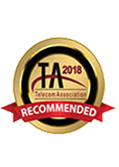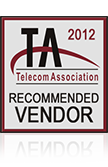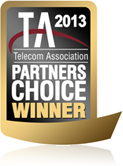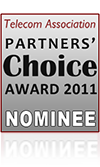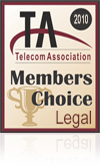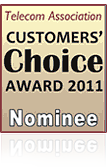Entering the U.S. Market? Legal Checklist for International Telecom and IT Service Providers
Expanding Into the U.S.? Here’s What International Telecom & IT Service Providers Must Know
If you’re an international telecommunications or IT service provider looking to expand into the United States, understanding the complex legal and regulatory environment is critical. The U.S. market offers massive growth opportunities but only if you navigate the legal landscape with care. At Bronston Legal, we specialize in helping global providers establish a compliant and successful presence in the U.S.
Below is a legal checklist to guide your market entry, minimize risk and accelerate time to revenue.
Choose the Right Legal Entity
The first step in your U.S. expansion is choosing the appropriate legal structure for your business. Most foreign telecom and IT providers form a U.S. subsidiary, such as a C corporation or limited liability company (LLC).
Key considerations:
• Ownership structure and investor needs
• Liability protection and regulatory requirements
Register with the FCC
Telecommunications providers (including most VoIP providers) must obtain authorization from the Federal Communications Commission (FCC) to provide international services under Section 214 of the Telecommunications Act of 1934. They must also file an initial Form 499-A, and then regularly file subsequent 499-Qs and 499-As on a quarterly and annual basis, to comply with Universal Service Fund (USF) requirements.
What you may need:
• FCC Section 214 Authority
• FCC Form 499-A and 499-Q
• FCC Registration Number (FRN)
• Compliance with various FCC requirements (e.g., USF, TRS, etc.)
Understand State-Level Requirements
In the U.S., both telecom and some IT services are regulated at both the federal and state level. Some states require Public Utility Commission (PUC) registration or intrastate certification.
Tip: Requirements vary dramatically – states like California have unique rules and timelines.
Data Privacy & Cybersecurity Compliance
Similar to the EU’s General Data Protection Regulation (GDPR), if you’re handling customer data, especially personally identifiable information (PII), you must comply with both federal and state data privacy laws, including:
• CPRA (California Privacy Rights Act)
• HIPAA (for healthcare data)
• FTC Safeguards Rule
• Industry-specific standards like PCI-DSS or NIST
Comply with Export Controls and Trade Regulations
Even inbound providers must assess U.S. export control laws under agencies like the Bureau of Industry and Security (BIS) or Office of Foreign Assets Control (OFAC). If you use encryption or cloud infrastructure, or you route traffic through restricted jurisdictions, you may face licensing requirements.
Employ Contracts that Comply with State Laws
Your existing service agreements may not meet U.S. standards. Review and localize:
• Master Service Agreements (MSAs)
• Service Level Agreements (SLAs)
• Terms of Use
• Data Processing Addendums (DPAs)
U.S. contract law requires a state-by-state approach with strong emphasis on clear disclaimers, limitations of liability, dispute resolution and enforceability.
Set Up Tax & Employment Compliance
U.S. federal and state tax compliance requires:
• Employer Identification Number (EIN)
• State business licenses and tax registrations
• Payroll tax setup and HR compliance if hiring local staff
Also consider federal laws like FLSA, ADA and EEOC if building a U.S. workforce.
Trademark and IP Protection
Protect your brand before launching. Register trademarks with the U.S. Patent and Trademark Office (USPTO), and review intellectual property licensing, patent usage and copyright strategies.
Need Help Navigating U.S. Telecom Law?
Expanding into the U.S. market is a significant move – and missteps can be costly. Bronston Legal offers specialized legal counsel for international telecom and IT companies entering the U.S., from FCC filings and corporate structuring to regulatory compliance and contract negotiation.
Let’s Talk.
Whether you’re in the early stages of exploring the market or ready to launch, our team is here to help you succeed.
FAQs:
Q: Do international telecom providers need FCC approval to operate in the U.S.?
A: Yes. Most non-U.S. telecom carriers must obtain Section 214 authorization and register with the FCC before offering services in the U.S.
Q: Can I sell telecom services in the U.S. without setting up a U.S. company?
A: It’s possible in some cases, but having a U.S.-based entity often simplifies licensing, tax and regulatory obligations.
Q: What are the main legal risks of entering the U.S. market without compliance?
A: Penalties can include fines, penalties, loss of operating authority and tax liabilities.





